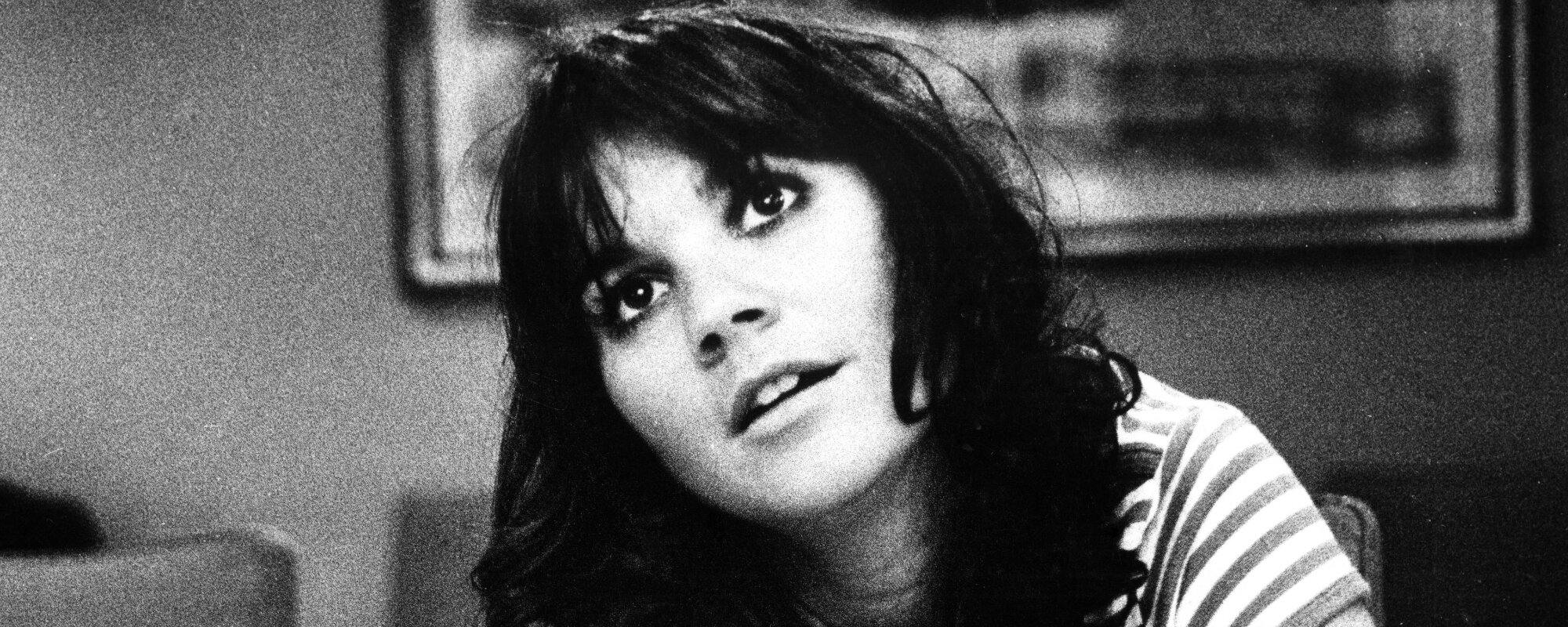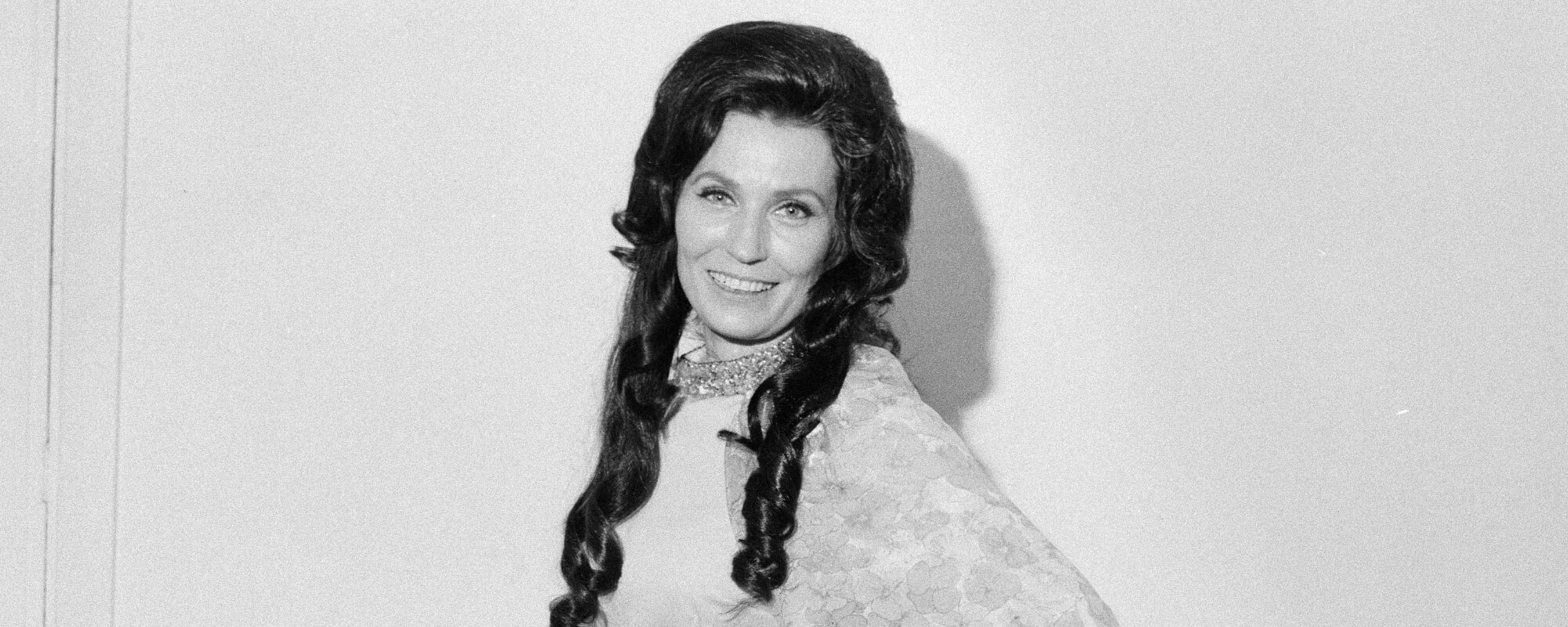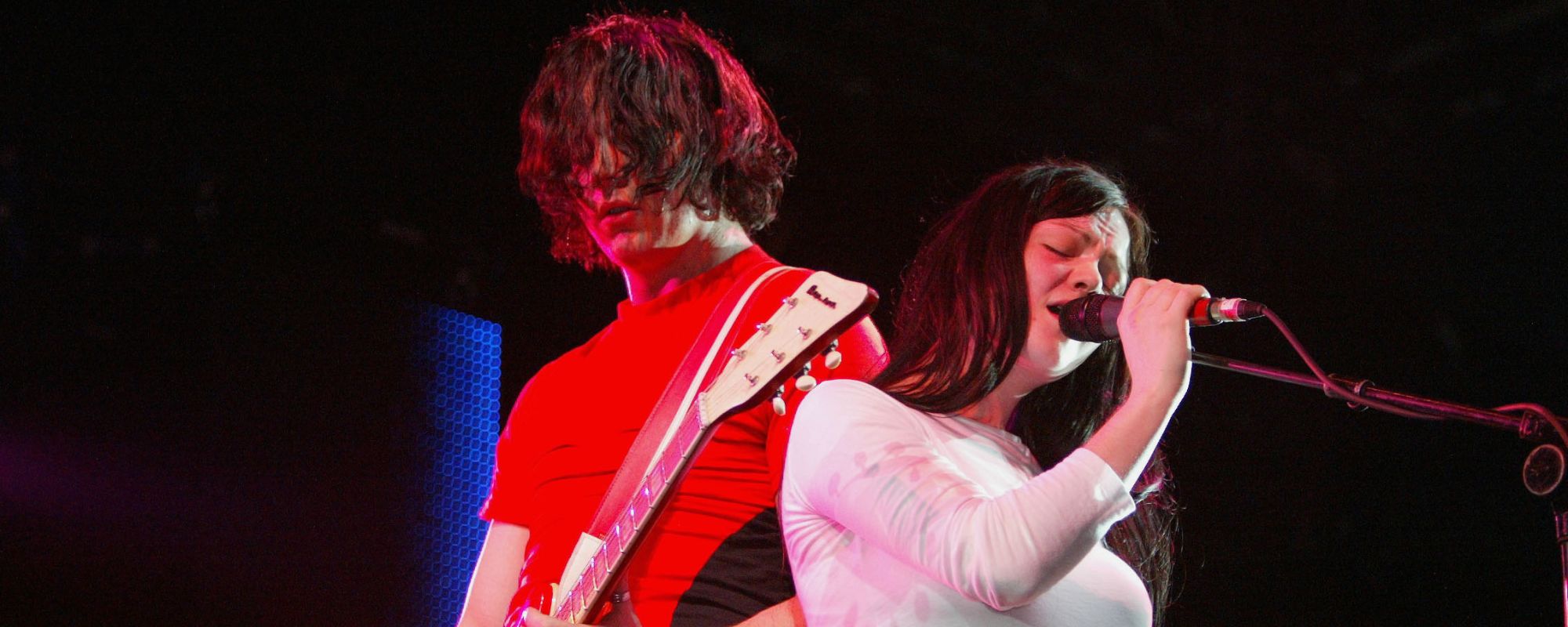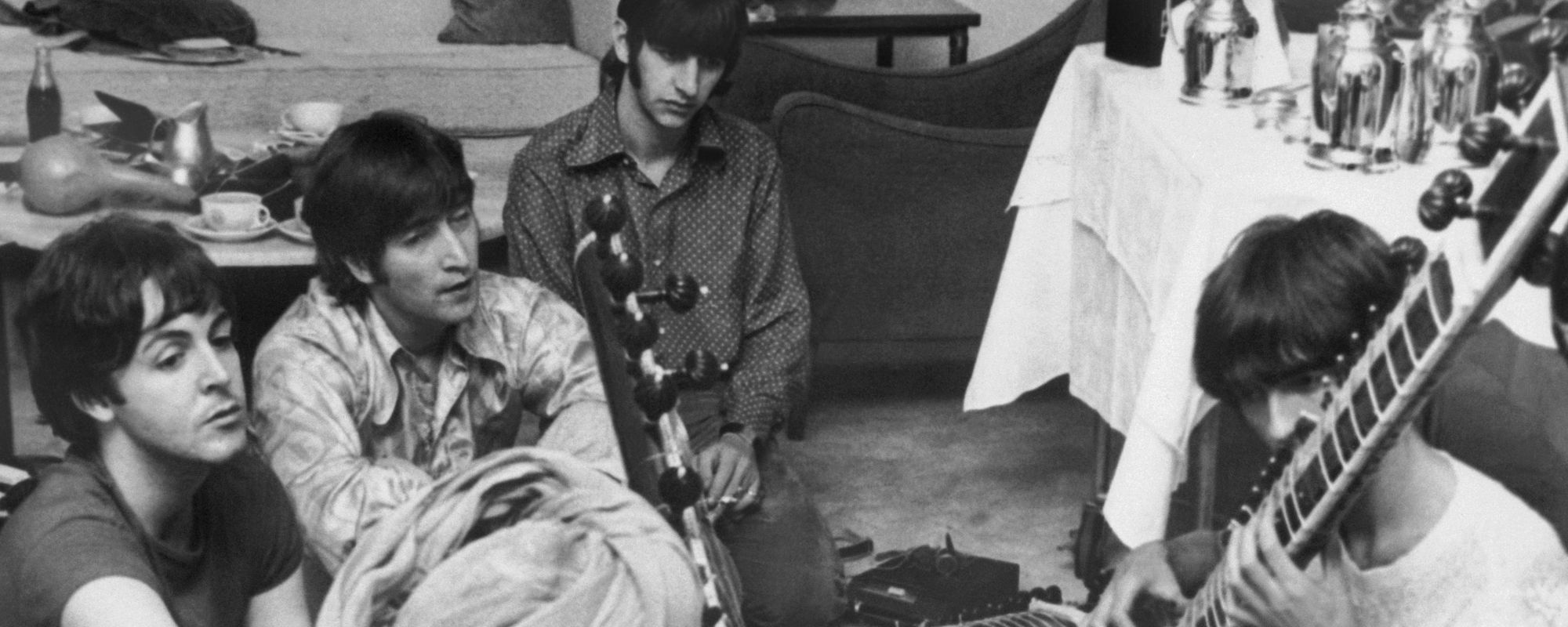“I thought this would probably be my last record,” Sarah McLachlan says of Better Broken, her first new album in over a decade. The singer-songwriter isn’t sure why it took so long, but returns with a project that is timely and includes some of the best songs she’s written.
Videos by American Songwriter
“There was just life,” she tells American Songwriter during a video call from her home in Canada, reflecting on the 11 years since Shine On, her last album of original material. “I got really busy. I had two teenage daughters. I was fundraising for my music school [the Sarah McLachlan School of Music] and dealing with all the development of that, and life is busy.”
The three-time Grammy Award winner, who has sold over 40 million albums worldwide, never took a complete hiatus from music, though. She continued touring and released a Christmas album, Wonderland, in 2016.
“I was still gigging,” she says. “It took a long time. I’ve never been prolific by any stretch of the imagination. I get easily distracted by life and by other stuff going on. I need to have good, solid chunks of time where I’m doing nothing but focusing on writing.”

McLachlan teamed with new producers Tony Berg (Phoebe Bridgers, boygenius) and Will Maclellan (Lucy Dacus, Phoebe Bridgers) for Better Broken, her 10th studio album and debut for Concord Records. The 11-track project, available September 19, finds McLachlan’s familiar ethereal vocals at the forefront alongside vulnerable lyrics that touch upon the human condition and timely messages on world issues. She urges listeners to recognize their shared humanity on pop-leaning songs like the uplifting “Rise” (Who do we turn to if we turn on each other?) and stands up for women’s rights on the soaring ballad “One in a Long Line” (It’s getting harder to find common ground / When you wanna derail me).
McLachlan says “Rise” was the first song she wrote for the album that she felt needed to be released immediately. She penned the track, which she calls “a hopeful lament,” with Luke Doucet and Anne Preven.
This time is gonna be different / I heard it on the news / Men are gonna lay their weapons down / Women keep the right to choose.
“It was a very timely social statement, which I haven’t really done before,” she says. “The lyrics were written before the war in Ukraine, before Roe v. Wade got overturned. As things have snowballed and become so incredibly divisive, fearful, and uncertain about what’s going to happen tomorrow, it feels like we have an opportunity as humans to choose one way or the other.
“If we choose to continue to be on opposite sides, and point fingers, and blame, and live in that anger and fear, we’re never going to get anywhere. Coming out of COVID, we need each other. I was hoping that would bring us together as a world. It did, and then everything got ridiculous and pulled everybody apart again. … I think that we need to keep trying to build bridges and keep trying to keep lines of communication open and recognize our shared humanity.”
McLachlan cites “One In a Long Line” as a song she feels a deep connection with. She says once her co-writer, Preven, wrote the chorus, their “kernel of an idea” informed the rest of the song.
’Cause I am one in a long line, sound of body, strong in mind
Frustrated by how she believes women’s rights are being stripped away, McLachlan says she had to say something. The track explains how she feels: “I try and stay open, loving, and understanding of different people’s opinions, but not when you’re trying to derail me and shut me down.
“It was around my own feelings and my own fear of, ‘How far do I step out on this ledge as a woman, as someone who has a platform?’” she says. “I can’t stay silent or complicit in this. … I have to speak my mind for my daughters, too, who are coming up in this world. Our mothers and grandmothers worked even harder before us and lost so much to create the safety that is now being taken away from us again. So, I’m pissed off and scared, and all that’s in the song. I want to figure out a way forward, but at the same time, I’m gonna fight this.”
McLachlan is no stranger to fighting for women. The Canadian singer-songwriter is the founder of Lilith Fair, the groundbreaking 1990s all-female music festival. Lilith Fair is the subject of a new documentary, Lilith Fair: Building a Mystery – The Untold Story, produced by Dan Levy, Elevation Pictures, and White Horse Pictures, also out this month via the CBC. ABC News Studios will premiere the documentary on Hulu and Disney+ beginning Sunday, September 21. McLachlan says she felt “immense pride” while watching one of the final cuts of Lilith Fair: Building a Mystery.

“I welled up a few times hearing all the other artists’ stories and challenges that they faced and remembering how normalized all that shit was about the way women were treated, the way women were talked to, the way women were discussed, and the normalization of that,” she says. “It reminded me of, in one way, how far we’ve come, in other ways, how little progress has been made, especially considering the climate today. But I’m still hopeful. I think progress is slow and lumpy, but I think putting this [documentary] out reminds all of us that little steps forward have been made. I love it. I’m so proud of it.”
While reflecting on Lilith Fair, McLachlan says it happened “so organically.” She wanted to play some shows in the summer and decided to enlist other women. Today, she admits she had a “real, naïve concept of how the world worked” when she approached a festival promoter in the ’90s about her idea.
“You’re mostly surrounded by men all the time, and it’s isolating and lonely, so I thought, ‘Let’s do a show where we have a bunch of women,’” she recalls. “All these festivals are out there, and they’re all completely male-dominated, yet all these great women are out there making music and having a lot of success. It was when the promoter said I couldn’t do it, then it reminded me of, ‘Oh yeah, all the radio guys tell me that you can’t play two women back-to-back on radio. People turn the channel.’”
McLachlan was told that people wouldn’t come if she included all women on the festival bill.
“It seemed asinine to me, and it certainly put a fire under my butt to push that idea forward,” she continues. “All the artists that I talked to were instantly on board. The success of it was undeniable, and I had no idea it would be as successful as it was, or create a cultural phenomenon, and also have so much pushback.”
McLachlan struggled in the Lilith Fair press conferences, where she received constant pushback and was often asked chauvinistic questions. Looking back, it was all a learning experience.
“It certainly grew me up, though, and solidified this understanding of the inequities, and how people—how society, and men—actually thought,” she says. “I’d grown up in this little bubble with Nettwerk Records, this independent label that gave me creative freedom at 19 years old, and there was never any sexism. It was, ‘We’re all equal in this.’ … It certainly put a fire under me to continue to push forward and change those attitudes, which I think we did.”
Nettwerk Records signed McLachlan to a five-record contract at 19 and expected the young artist to write her songs. When she confessed that she had never written a full song before, they said, “Let’s see what you come up with on your own.” McLachlan had written lyrics and melodies for another band she was previously in, and refers to that time as putting “my toes in the water.”
The first song she wrote was “Out of the Shadows,” which appeared on her debut record Touch in 1988. She vividly recalls penning the haunting ballad in the label’s back room, where they boxed records and cassette tapes.
“There were certainly some fits and starts,” she says of writing her first song in 1987. “I set up a little studio on a desk and started recording ideas. Eventually, I had a 12-string guitar that I was really in love with. I was raised as a classical guitar player, so I was noodling around all the time trying to come up with melodies. ‘Out of the Shadows’ was that first progression. The melody is very lilt-y along with the chord progression. I love that 6/8 time.”
McLachlan says she was obsessed with Simon & Garfunkel, Cat Stevens, and Joan Baez in her adolescence. Around 16, she discovered Kate Bush and Peter Gabriel, who she says, “blew my mind open.” Gabriel’s music made her feel like nothing she had felt before, and that’s what she wanted to do for others. Along the way, she found her voice as an artist and songwriter, although she admits her early songs often emulated Bush.
By her third album, Fumbling Towards Ecstasy, in 1993, McLachlan felt more confident about her songwriting abilities. Songwriting, for her, has been an evolution. The 2024 Canadian Songwriters Hall of Fame inductee says it’s always been about what feels good and feels right.
“I speak and sing about the human condition and relationships from a very emotional point of view,” she says. “My desire to be as authentic to myself as I could was always the challenge.
“I’m still working on it,” she adds with a laugh. “I don’t feel like I’ve arrived. I feel like I’m still trying to get there.”
Today, much of McLachlan’s songwriting inspiration comes from nature. Heartbreaking ballads like “Wilderness,” which details what went wrong in a relationship, and “Gravity,” written about a tenuous relationship with her older daughter growing up, evoke elements of nature.
Yours is an island of wild weeds and lush, tangled ground / Unbridled energy, all possibility.
Other songs, like the joyful and triumphant album closer “If This Is the End…,” feature sounds of the ocean, while “Only Way Out Is Through” serves as a poetic nature-fueled look at a relationship’s demise.
I took my soul out to the trees and asked for comfort / Asked they hold me softly underneath their boughs / But the forest whispered time will only ever answer / Once you’ve learned the things you need to carry on and let it go.
“I spend a good half of my day every day outside, summer or winter,” McLachlan says. “I live on the side of a mountain, and I’m in the woods every day, usually by myself with my dogs, and that’s where I write. A lot of my lyrics come from that, and my peace, serenity, and focus come from nature. It’s so incredibly grounding for me, and it plays very heavily into my life and my writing.”
McLachlan has spent nearly 40 years writing songs. What she loves most about songwriting is the release it provides, both to herself as the writer and to her audience.
“For me, it’s about being part of something bigger than myself, not so much in the writing part, but knowing that I’m going to get to sing this out in the world, and there’s going to be a connection,” she says, before offering advice for aspiring songwriters and women in the industry.
“It’s such a personal journey,” she adds. “Be kind to yourselves. If I could give my younger self that advice, it’s a tricky one, too, though, because part of my success was in my self-loathing and in my feeling like a fraud. That imposter syndrome really pushed me and propelled me forward to prove to myself that I wasn’t. It’s a double-edged sword; be kind to yourself, but also be hard on yourself.”
While Better Broken took over a decade to see the light of day, the reflective 11-track album proves that some things in life are well worth the wait. Meanwhile, McLachlan promises it won’t be her last record.
“Making this record with Tony and Will really reignited the flame of how much I love being in the studio and building a song with great musicians,” she says. “That exploration is so exciting and fun. I can’t wait to do it again. I’m fairly certain it won’t be 11 years until the next one.”
Photos by Kharen Hill













Leave a Reply
Only members can comment. Become a member. Already a member? Log in.